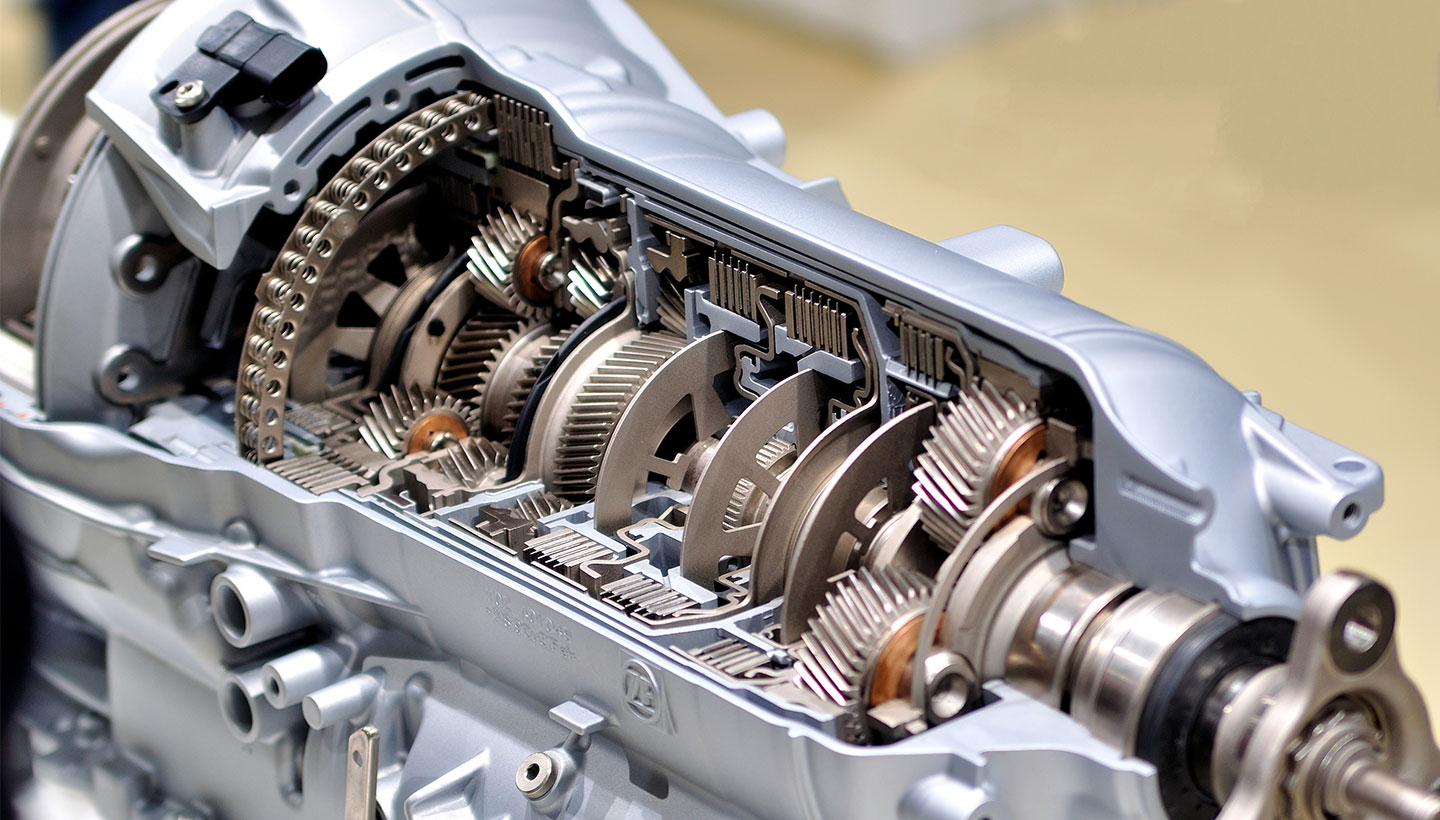Mobile:+86-311-808-126-83
Email:info@ydcastings.com
English
iron metal
The Complex Role of Iron Metal in Modern Society
Iron is one of the most abundant elements on Earth and plays an integral role in various aspects of our daily lives. From construction materials to transportation, the significance of iron metal is unparalleled. This article will explore the properties of iron, its various applications, and its impact on modern society.
Properties of Iron
Iron is a chemical element with the symbol Fe and atomic number 26. It is renowned for its strength, durability, and malleability, making it an ideal material for a wide range of applications. One of the most compelling features of iron is its ability to form alloys, particularly with carbon, which creates steel—a material that has revolutionized industry and construction. Iron’s magnetic properties also make it useful in electronic devices and machinery.
In its pure form, iron is relatively soft and ductile, but its strength can be significantly enhanced through alloying and processing. When combined with carbon, it can form cast iron or various grades of steel, which can be tailored to suit specific mechanical properties. This versatility allows iron and its alloys to be used in a wide array of settings, from the construction of skyscrapers and bridges to the manufacturing of automobiles and machinery.
Applications of Iron
The applications of iron metal are vast and varied
. In the construction industry, steel is a primary material for structural frameworks. Iron’s strength allows buildings and bridges to reach impressive heights and spans, directly contributing to urban development. The introduction of reinforced concrete, which incorporates steel bars, has further expanded the possibilities of architectural design.In the automotive industry, iron is crucial for producing a multitude of vehicle components, including engines, chassis, and wheels. The use of iron ensures that automobiles are both robust and relatively affordable, taking into consideration the balance between cost and performance. Moreover, advances in metallurgy have led to the development of lighter and stronger steel alloys, contributing to fuel efficiency and safety in modern vehicles.
iron metal

Iron also plays a critical role in the manufacturing of machinery and tools. From hand tools to heavy industrial equipment, iron’s durability and resistance to wear make it an indispensable material in various manufacturing processes. Additionally, the electronics industry relies on iron, particularly in the form of ferrite, for applications that require magnetic properties.
Environmental Considerations
While iron has many positive attributes, its extraction and processing entail environmental challenges. The mining of iron ore depletes natural resources and can lead to habitat destruction. Furthermore, the production of iron, especially through traditional methods in blast furnaces, generates significant carbon emissions, contributing to climate change. The industry is therefore moving towards more sustainable practices, such as recycling scrap metal, using electric arc furnaces, and adopting cleaner production techniques to mitigate environmental impacts.
The Future of Iron in Society
The future of iron metal in society is promising. As technology continues to advance, the demand for high-performance materials is on the rise. Innovations in metallurgy and material science are paving the way for the development of new iron-based alloys that combine strength, lightweight properties, and resistance to corrosion and fatigue. These advancements could lead to enhanced applications in areas such as aerospace, energy production, and infrastructure development.
Recycling of iron is also becoming increasingly important. The steel recycling process is relatively energy-efficient compared to new production, and it helps conserve natural resources. As society becomes more environmentally conscious, the emphasis on recycling and sustainable practices in iron production is likely to grow.
In conclusion, iron metal is a cornerstone of modern society, contributing to construction, transportation, manufacturing, and much more. Its unique properties and versatility make it an invaluable resource that has shaped the industrial landscape. As we advance towards a more sustainable future, the challenge will be to harness the power of iron while minimizing its environmental impacts. Through innovation and conscientious practices, iron will undoubtedly continue to play a vital role in our lives for generations to come.
-
Materials Used in Manufacturing Cap End Pipe FittingsNewsNov.24,2025
-
Material Properties of CF8M CastingNewsNov.24,2025
-
How to Inspect Pump Cap Ends for DamageNewsNov.21,2025
-
Backward Curved Impeller – Efficient Airflow Solutions for Industry | YD CastingsNewsNov.21,2025
-
Automobile Water Pump - Efficient, Quiet, Durable & ElectricNewsNov.21,2025
-
Impeller for Pumps – High-Efficiency, Durable, OEM-ReadyNewsNov.21,2025











